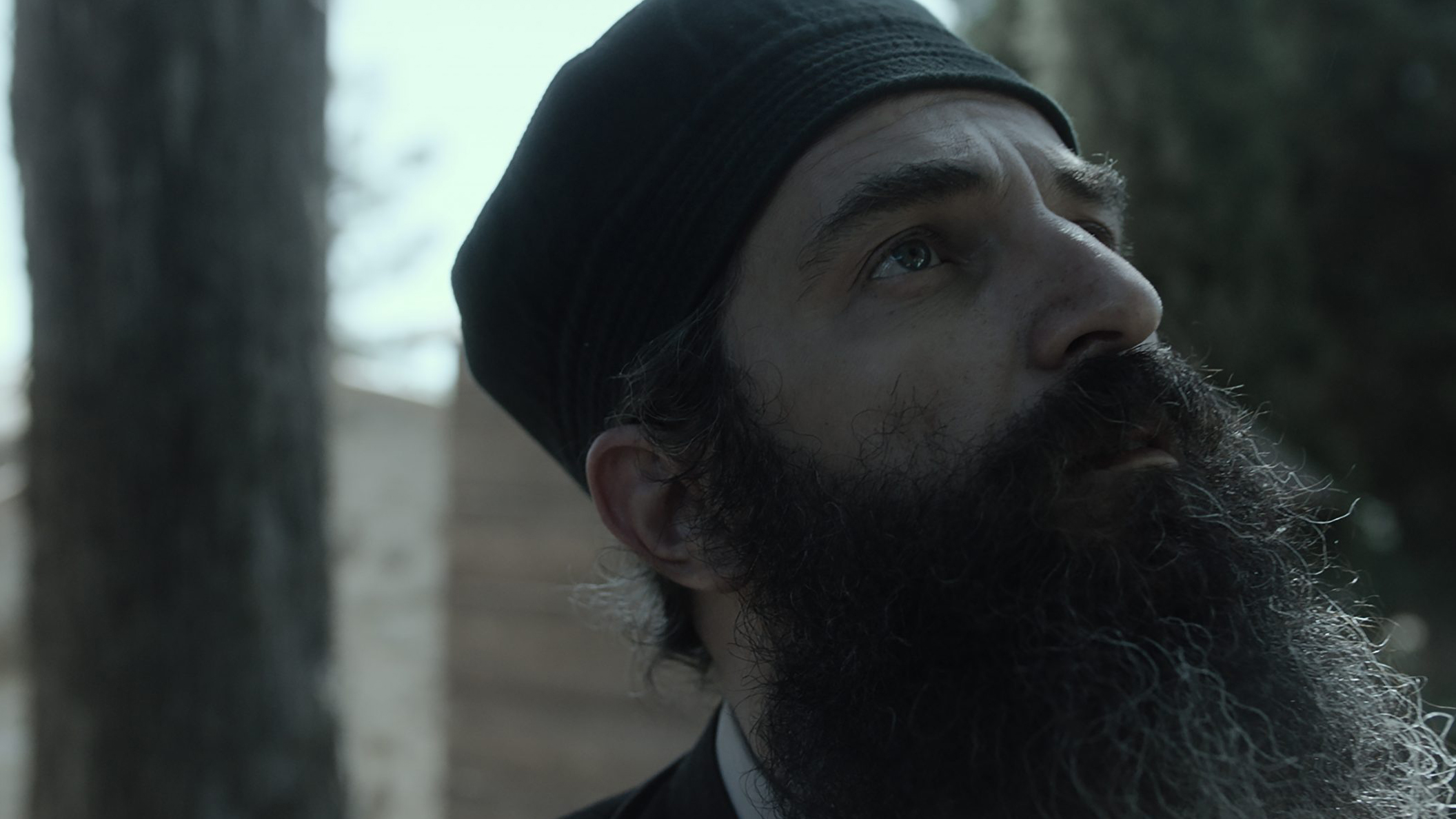We should never forget that the name of our enemy, Satan, means “the accuser.” When even a completely fabricated claim is levied against someone, it can quickly become a near unanimous condemnation. We reassure ourselves in our judgment, that if someone makes a serious charge against even the most morally impeccable person, there is just no way it could be entirely baseless. Maybe the details are a bit off, but the guy probably did something terrible.
Sometimes, however, it’s all lies. The “accuser” wins his case with no investigation or trial.
With Christian leaders, accusations are even more complicated. In the long wake of the horrifying clergy sex abuse scandals in the Catholic Church, it is often a safe bet to believe the worst. But as we’ve seen over the last few years in the ordeal of Cardinal Pell, sometimes a cleric may be a victim of slander that has wildly destructive effects. Pell’s unjust imprisonment and later vindication in Australia should continue to haunt everyone who leapt to judgment, even while we all remain more vigilant than ever to rid the Church of abusers, liars, and hypocrites.

Yelena Popovic’s film Man of God is the inspiring true story of another accused cleric, the Orthodox bishop Nektarios, who was driven out of his diocese in Cairo and expelled from the Patriarchate of Alexandria in the early 1890s. A victim of other churchmen’s jealousy, he was eventually vindicated as Pell was, even recognized as Saint Nektarios of Aegina by the Ecumenical Patriarchate of Constantinople in 1961. His ecclesiastical reputation was finally restored by his original jurisdiction in North Africa in 1998. In the film, Nektarios’ persecution is a warning to us all, with the film depicting how a trail of vague but completely made-up accusations against him followed the future saint throughout his career.
“When the Lord becomes your only hope, it’s then that one can feel his presence.”
When we meet Nektarios, played by Aris Servetalis, he is a young bishop serving in Egypt, beloved of his Greek congregation and the local Arabs alike. In one scene, he sits in the street with a beggar, gives him his own shoes, and tells him, “When the Lord becomes your only hope, it’s then that one can feel his presence.” Nektarios’ words prove prophetic for his own life, as he suddenly returns to Greece with no ecclesiastical position at all, receiving bread and necessities from families of sick people he visits around Athens. To add further insult to injury, Nektarios learns that because the town of his birth now belongs to Turkey, he is no longer a Greek citizen and cannot appeal to the government for any help either. At long last Nektarios is given charge over a school and seminary, where his new secretary, Kostas, tells him, “You seem to be the real deal. No wonder they don’t like you.” Satan’s influence can be truly insidious.
A school official warns Nektarios that as Greece just begins to wake up from centuries of domination by the Ottomon Empire, the last thing its young people need is asceticism. Nektarios disagrees, straining relations further by refusing to take no for an answer when he dreams up something expensive or impractical, but designed to form his young students in faith. He raises independent money to fix up a defunct chapel, pays out of his own pocket for a sick student to go to the hospital, and works to rebuild a monastery. Some people begin to see the good fruit of hard labor, and they reject the rumors they have heard for years. They start reading Nektarios’ books and packing his church, where he liberally encourages vocations to the priesthood and the religious life.
All the while, a handful of Orthodox elites in Egypt maneuver to lure Nektarios back as their patriarch, but to no avail. Nektarios does not receive the necessary consents. Kostas is furious, believing that it is the saintly schoolmaster’s destiny to do greater things in the Church. Nektarios flatly refuses his secretary’s premise, conscious of the possibility that with greater power, he could become the monster his critics already make him out to be. He teaches Kostas, “Power is like a cancer. It eats at you slowly and you don’t even know it. . . . You can turn into something you once despised. Many great men have fallen because of the power they have been given.”
At the end of Nektarios’ life, decades of vague accusations finally take concrete form in the darkest and, sadly, most predictable form: sexual abuse of young nuns. Although the charges are proved baseless when one nun is examined in humiliating fashion, the further damage to Nektarios’ reputation cannot be undone in his lifetime. Again, Kostas voices what many of us may think: “If what has been done to you had been done to me, I would not go to church anymore.”

In the film’s final scene, which features the legendary American actor Mickey Rourke, who plays a paralyzed man, Nektarios cements his real reputation that will one day overtake the satanic fabrication long imposed upon him. Nektarios tells the paralytic, “Maybe God has a surprise for you.” Nektarios, who shows his deep devotion to Our Lady at the end of the film, may have her words in mind, not only for this peasant man trying to make sense of God’s providence, but for himself: “He has brought down the powerful from their thrones, and lifted up the lowly” (Luke 1:52).
Popovic has made a refreshingly unusual film. Man of God is overtly Christian, but thankfully it does not fall into the saccharine moralizing of many films marketed under the “Christian” label. In fact, Man of God is a fine specimen of a subtle but still popularly accessible style of European filmmaking, with a more episodic story-telling style that does not labor to explain details through expository dialogue. Every scene is carefully composed, capturing Nektarios’ spiritual struggle against the sun-soaked backdrop of historic Greece. Zbigniew Preisner, famous for his collaborations in the 1980s and 90s with the great Polish director Krysztof Kieślowski, has composed a wonderful score that is appropriately Greek, with strong liturgical elements in the music too.
Man of God is a great choice for Lenten viewing, reminding us to do our part in trampling the accuser under our feet as we pursue the unglamorous path of holiness.
Man of God will be released in select theaters nationwide for two days, March 21 and March 28. Click here for locations and tickets.
